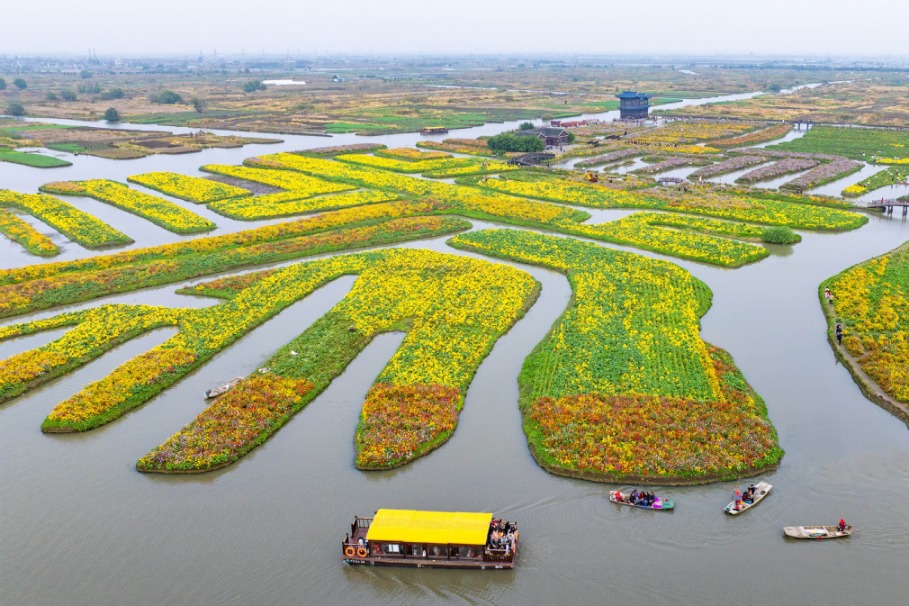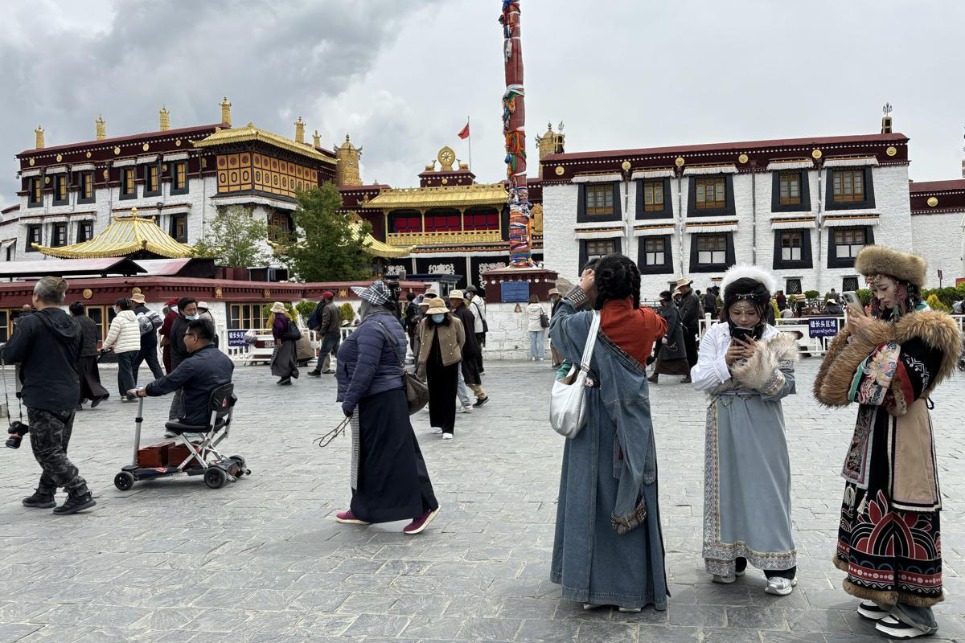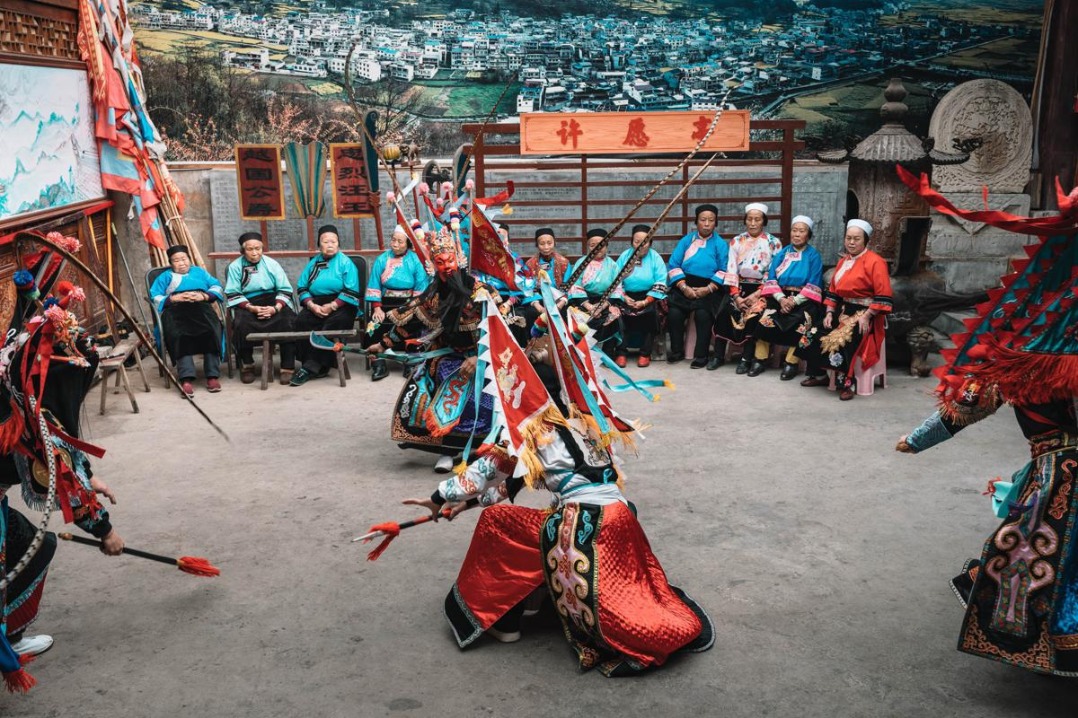Modern caravans improve herders' mobility

In a move to improve living conditions for herding families in remote high-altitude areas, Nagchu city in the Xizang autonomous region has distributed 20 modern caravans equipped with solar power and other advanced facilities.
Described as "mobile homes of the grasslands", the vehicles combine the flexibility of traditional nomadic life with the conveniences of modern living. Ten caravans were delivered to Nyima county and another ten to Nyanrong county, benefiting herders in some of the region's most remote areas.
For Yugyal, a herder from Chadam township in Nyanrong county, the change has been transformative. He expressed his appreciation for the initiative.
"Before, herding meant constantly setting up and taking down tents, which was tiring and time-consuming. Now, with the caravan, life has become warmer, safer and much more comfortable," he said.
Each five-meter-long caravan includes solar-powered lighting, a refrigerator, a stove, charging ports, and bear-proof windows, along with two bunk beds, a double bed, a foldable table and storage racks — enough to accommodate a family of six.
According to Chime Gyaltsan, head of Nyanrong county's agriculture and rural affairs bureau, the program was designed to help families in the most isolated areas, such as Yuchok and Chadam townships.
"These villages often face limited infrastructure and frequent natural disasters. The caravans provide warmth, safety and convenience," he said.
The caravans were provided free of charge by the Nagchu government.
Losang Tsering, a staff member from the bureau, explained the technical features and accessibility of the caravans. The vehicles are designed to be easily transported via trailers, allowing herders to move seamlessly between grazing locations.
"The efforts aim to provide a balance between the traditional itinerant lifestyle of herding and the comforts of modern living. The solar-powered caravans offer better insulation, protection from harsh weather, and safety from wild animals such as Tibetan brown bears," Losang Tsering said.
"They eliminate the need to set up heavy tents and make it easier for families to move their homes safely while protecting their supplies," he added.
To ensure fairness, local authorities prioritized families in remote and disaster-prone areas.
"The allocation process was open and transparent, focusing on those most in need," said Tsewang Ngodrub, head of Nyima county's bureau of agriculture, rural affairs, technology and water conservancy.
He added that the county plans to expand the program, seeking more caravans to benefit additional herding families. Plans include improving infrastructure, promoting smart pastoral technologies, and exploring opportunities for specialist tourism — all of which are expected to raise the living standards of herding families and contribute to sustainable development, he said.
"The introduction of these mobile homes marks a significant step toward better living standards for herders," Tsewang Ngodrub said. "They allow people to preserve their nomadic traditions while enjoying the modern comforts they have long deserved."
Contact the writers at palden_nyima@chinadaily.com.cn





































